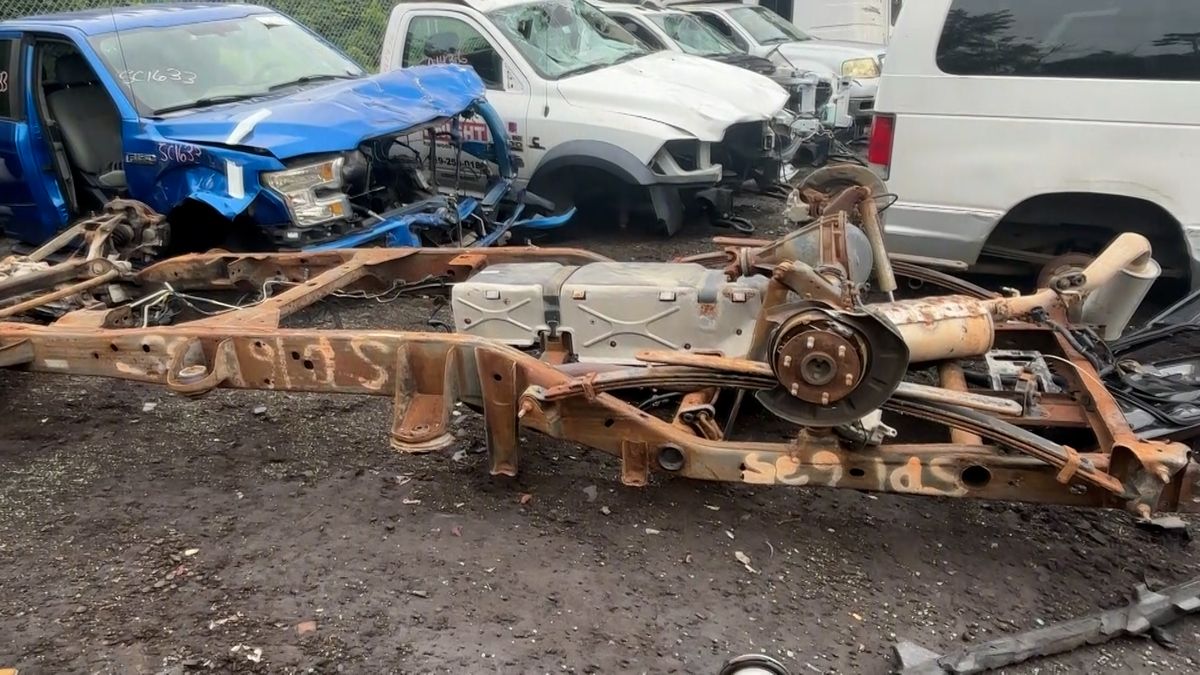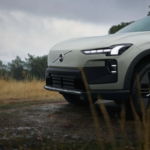Criminals in the Triangle are building what some are calling “Frankenstein cars,” Raleigh police said.
It involves taking stolen parts from one car and putting them on the legally purchased frames of another. Police said it’s something taken out of Mary Shelley’s 1818 novel “Frankenstein,” in which a scientist puts together a monster from different body parts.
“They will reassemble the car on the legally purchased chassis with the stolen parts and then pass the car off as higher-end model car,” said Raleigh police Lt. Thomas Zlockie.
Zlockie said it can be hard to tell the difference between a car that is legal and a car with “Frankenstein” parts.
“If it has features it shouldn’t have, it’s a red flag,” Zlockie said. “If it doesn’t have features it should have, it’s a red flag.”
On July 5, a Raleigh police officer spotted a “Frankenstein car” parked outside of a store. It was a 2018 Jeep Cherokee Trailhawk valued at $82,600.
However, the officer ran the vehicle’s registration. The officer found the VIN on the frame was for a 2015 Jeep Grand Cherokee Overland, which Kelley Blue Book shows has a value between $9,000 and $12,000.
Caleb Jones, 28, is charged with altering serial numbers and possession of stolen property.
“They will legally obtain the chassis for the lower-end model type car, so they have the paperwork for it,” Zlockie said. “Then, a higher-end model is stolen and that higher end model is taken to an area where it is dismantled for the parts.”
Law enforcement believes Jones had the vehicle for personal use.
Zlockie said other criminals will try to sell the vehicle to turn a profit. If police find it, that new owner won’t face charges, but will lose the car and the money they spent on it.
“We’re required to take the stolen parts and return them to the owners, so this unwitting person is now out of a car,” Zlockie said.
Zlockie said there isn’t a specific place where criminals are selling “Frankenstein cars,” but it can include used car dealers or Facebook Marketplace-style purchases.
Zlockie said anything can get taken off cars, including dashboards, seats, fenders, bumpers, steering wheels, steering columns, lights, tires and engines.
“Once we discover certain things don’t match up, we can start determining that certain parts were stolen, certain parts were legally obtained, and then this, this car was assembled,” Zlockie said.
Zlockie recommends that used car buyers ask for documentation like a Carfax report. He said sellers will often avoid buyers who ask for documents where the report doesn’t match what you see in person.












